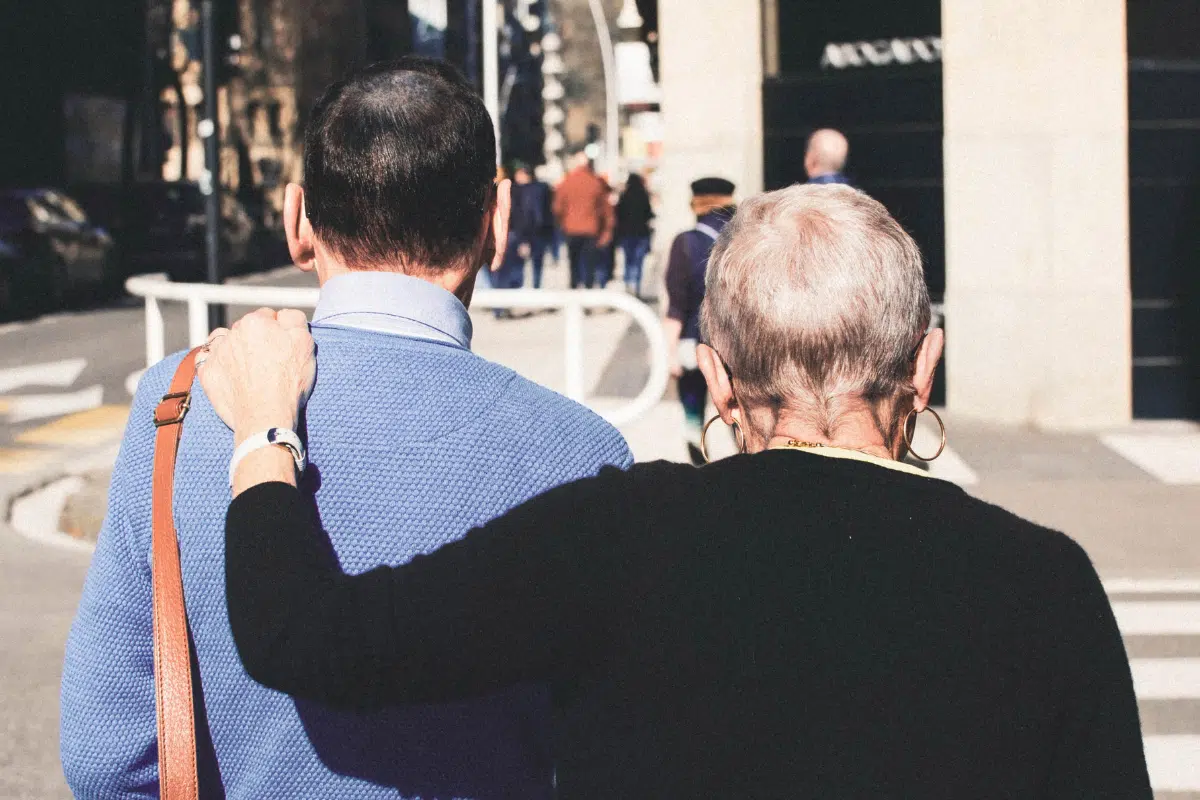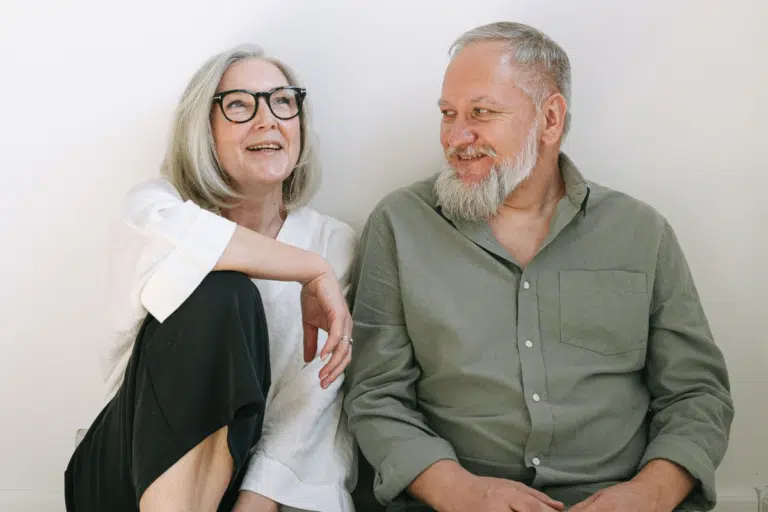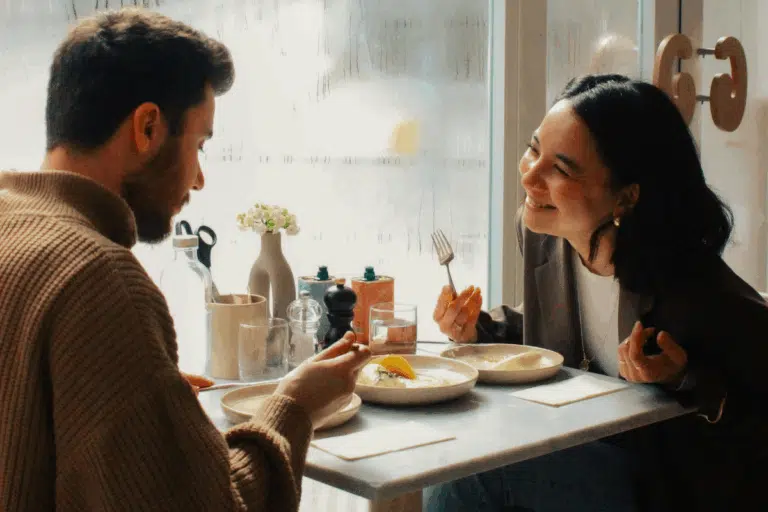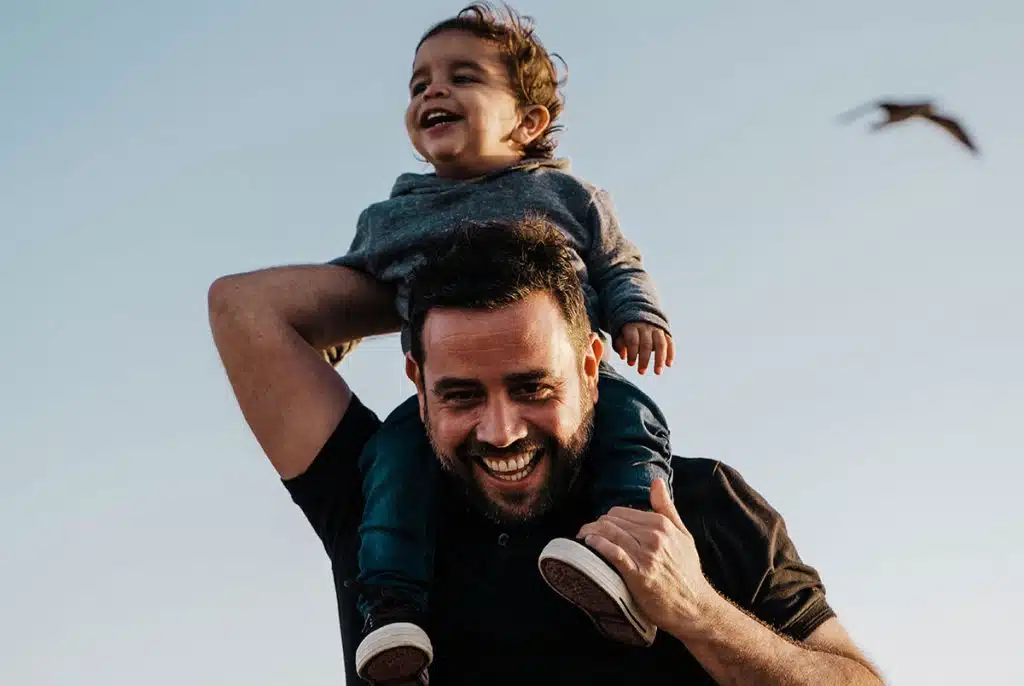Relationships Australia NSW에서는 다음을 운영합니다. 와틀 플레이스과거 정부 관행과 정책으로 피해를 입은 사람들을 지원하기 위한 전문 서비스를 제공합니다.
여기에는 다음이 포함됩니다 잊혀진 호주인, 아직 불분명한 이유로 호주 정신에서 크게 간과되는 계층으로 남아 있습니다.
이 기사에서는 잊혀진 호주인이 무엇인지, 그들에게 영향을 미친 역사적 관행, 그들이 겪고 있는 장기적인 영향, 그리고 지역 사회가 그들을 어떻게 지원해 왔고 앞으로도 계속 지원할 수 있는지에 대해 알아보겠습니다.
그렇다면 잊혀진 호주인이란 누구일까요?
1990년 이전에는 잊혀진 호주인들이 어린 시절에 고아원, 아동 보호 시설, 위탁 가정 또는 이와 유사한 기관에 맡겨져 40만 명이 넘는 어린이에게 영향을 미쳤습니다.
잊혀진 호주인들은 다음과 같은 이유로 정부의 '아동 복지' 정책에 따라 이런 상황에 놓이게 되었습니다.
- 부모님 두 분 모두 사망
- 싱글맘을 둔
- 가족의 이산 또는 기능 장애
- 빈곤
- 자녀를 '부양'하거나 '돌볼' 능력이 없는 부모나 가족.
당시 많은 가족들이 극심한 어려움을 겪고 있거나 전쟁의 여파로 고통받고 있었으며, 복지 서비스에서는 이들을 적절하게 지원하지 못했습니다.
ㅏ 2004년 상원 조사 시설이나 가정 외 보호를 경험한 사람들을 '잊힌 호주인들'이라고 부르기도 합니다. 하지만 모두가 이 이름을 쓰는 것은 아닙니다. 어떤 사람들은 이 이름이 불편하다고 느껴 '보호소를 떠난 사람들'이나 '전직 주 보호 대상자'와 같은 다른 이름을 선호하기도 합니다.
잊혀진 호주인들은 돌봄을 통해 무엇을 경험했을까?
이러한 기관 중 다수가 문을 닫은 후, 이러한 관행으로 피해를 입은 사람들은 자신의 경험을 공유하고 무슨 일이 일어났는지에 대한 인식을 높이기 시작했습니다.
많은 옹호 단체와 로비 단체가 설립되어 공식 조사 캠페인을 벌였고, 그 결과 2004년 상원 조사와 후속 보고서가 작성되었습니다. 이 조사는 가정 외 보호 대상자들로부터 "수백 건의 생생하고 충격적인 증언"을 받았는데, 이들은 "정서적, 신체적, 성적 학대를 당했으며… 그들의 이야기는 방치, 굴욕, 그리고 식량, 교육, 의료 서비스 부족에 대한 이야기"이기도 했습니다.
종종 그들의 이름은 숫자로 바뀌었고, 가족과의 접촉이 금지되었으며, 개인 소지품은 압수당했습니다.
또한 보고서는 어린이의 복지에 필수적인 "사랑, 애정, 양육의 완전한 부족"을 묘사했습니다.
제출된 자료에는 전국의 모든 유형의 제공자(정부 및 종교 기관 포함)가 실시한 이러한 치료에 대한 설명이 나와 있습니다.
모든 어린이가 기관에서 겪는 경험은 달랐지만 많은 어린이가 비슷한 해로운 일을 겪었습니다. 충격적인 경험.
잊혀진 호주인들에게는 어떤 영향이 있었나요?
잊혀진 호주인 중 상당수는 극심한 트라우마를 안고 젊은 시절 '보호'를 떠나 아무런 지원이나 지도도 받지 못하고, 남은 인생을 스스로 살아가도록 내버려졌습니다.
오늘날까지도 잊혀진 호주인들은 버림받은 느낌, 신뢰 부족, 모든 유형의 관계를 형성하고 유지하는 데 어려움, 지속적인 고립감을 표현합니다.
상원 조사에 제출된 의견서에서 설명했듯이, "부모가 되어 본 적이 없다면 어떻게 부모가 될 수 있겠습니까? 사랑받아 본 적이 없다면 어떻게 사랑을 알 수 있겠습니까? 정상적인 가정을 경험해 본 적이 없다면 어떻게 그 가정이 어떻게 기능하는지 알 수 있겠습니까?"
이러한 트라우마는 잊혀진 호주인에게만 영향을 미치는 것이 아닙니다. 그들의 가족과 사랑하는 사람들 중 다수가 그 여파를 느낍니다.
한 사람은 "아내와 두 딸도 제 문제를 감내해야 하고, 그들의 삶은 제 행동에 영향을 받습니다."라고 질의에 답했습니다. 이 글을 쓴 사람은 우울증, 불안, 외상 후 스트레스 장애를 겪고 있으며, 집을 나서는 것에 대한 두려움도 겪고 있다고 설명했습니다.
2006년부터 2007년까지 케어 리버스 오스트랄라시아 네트워크(CLAN)는 케어 리버스 오스트랄라시아 네트워크(Care Leavers Australasia Network)에서 케어 리버스 오스트랄라시아 네트워크(Care Leavers Australasia Network) 382명을 대상으로 케어 경험과 그로 인한 결과에 대해 설문조사를 실시했습니다. 설문조사 결과는 다음과 같습니다.
- 23%는 평생 어느 시점에 거리에서 살았습니다.
- 35%는 법률에 문제가 있었습니다.
- 가장 흔한 정신 건강 결과는 우울증(65%), 자존감 저하(61%), 수면 장애(59%)였습니다.
- 70%는 개인적 관계 형성에 어려움을 겪었으며, 절반 이상이 학대적 관계를 경험했습니다.
이 모든 것에도 불구하고, 잊혀진 호주인들은 놀라운 회복력과 강인함을 보여주었습니다. 그들은 자신들의 목소리가 들리고 그들의 역사가 인정받도록 끊임없이 노력해 왔습니다.
잊혀진 호주인들은 트라우마로 정의되지 않습니다. 그들은 귀중한 통찰력, 놀라운 강인함, 그리고 계속 전진할 용기를 가지고 있습니다. 그들이 추구하는 것은 동정이 아니라, 인정과 이해, 그리고 그들의 경험이 미래 세대를 위한 의미 있는 변화로 이어지도록 하는 것입니다.
지역사회와 정부는 어떻게 대응했나요?
상원 조사 보고서는 주 정부와 연방 정부가 잊혀진 호주인(Forgotten Australians)과 아동 이주민(Child Migrants)에게 공식 사과할 것을 권고했습니다. 잊혀진 호주인(Forgotten Australians)은 2009년 9월 19일 뉴사우스웨일즈 주에서, 연방 정부는 그로부터 몇 달 후인 2009년 11월 16일에 공식 사과했습니다.
우리의 고객 중 한 명인 Forgotten Australian도나는 사과문에서 자신들이 겪은 일과 지속적인 영향을 인정했다고 말했습니다.
"공식적인 인정은 방치, 불의, 투쟁, 상처받은 마음, 외로움, 고통, 두려움에 대해 사과하는 방식이었습니다. 이는 단지 어린 시절뿐만 아니라 평생에 걸쳐 영향을 미치는 문제였습니다."
"그 모든 고난과 고난에도 불구하고, 제가 아는 거의 모든 잊혀진 호주인들은 놀라운 회복력을 보여주었습니다. 하지만 회복력에 대한 대가는 너무나 컸습니다. 너무나 컸습니다."
전문 서비스 설립, 예: 와틀 플레이스, 조사위원회에서 추천되었습니다. Wattle Place에서는 다음과 같은 지원 및 지원을 제공합니다.
- 상담
- 중개
- 기관 및 개인 기록에 대한 접근
- 추천
- 가족 추적 및 재회
- 케이스워크 및 옹호
- 사회적 연결 및 그룹 활동
하지만 우리는 더 많은 것을 해야 합니다. 잊혀진 호주인들의 회복력과 강인함은 그들이 더 이상 영향을 받지 않는다는 것을 의미하지 않습니다. 어린 시절의 트라우마우리는 국가적으로 잊혀진 호주인들과 나란히 서서 그들의 경험과 평생에 걸친 결과를 인정해야 합니다.
우리는 그들의 트라우마를 인지하고, 그것이 어떻게 나타날지에 대해 연민을 가져야 합니다. 우리 공동 역사의 끔찍한 부분을 보여주는 그들의 이야기에 귀 기울여야 하며, 역사가 다시는 반복되지 않도록 함께 노력해야 합니다.
논의하고 싶다면 와틀 플레이스 당신이나 당신이 사랑하는 사람을 도울 수 있는 사람이 있다면 연락해 주세요. 1800 663 844로 전화하거나 wpcaseworker@ransw.org.au로 이메일을 보내주세요.
관련 서비스 및 워크숍
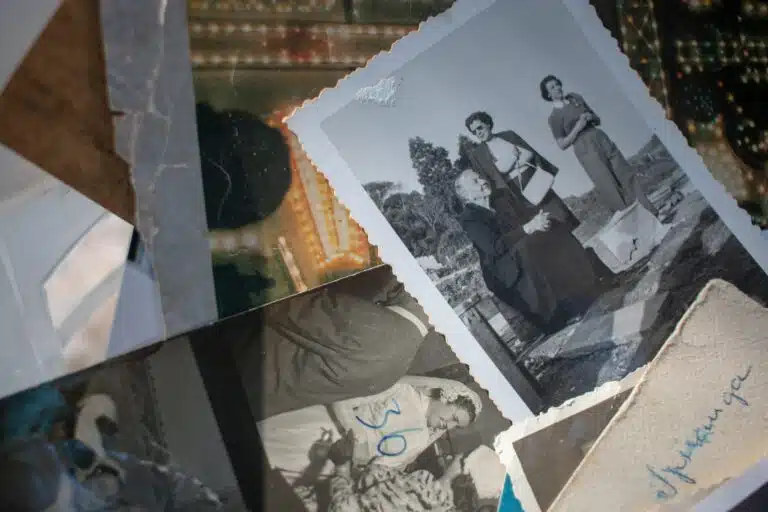
맞춤형 서비스.개인.외상.원주민 + 토레스 해협 섬 주민
잊혀진 호주인 지원 서비스
NSW에서 가정 외 치료를 받고 있는 26세 이상의 사람들을 위한 무료 서비스입니다. NSW 지역사회 법무부에서 자금을 지원하고 Relationships Australia NSW의 Wattle Place 센터에서 제공합니다.


